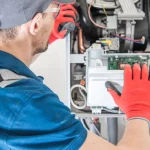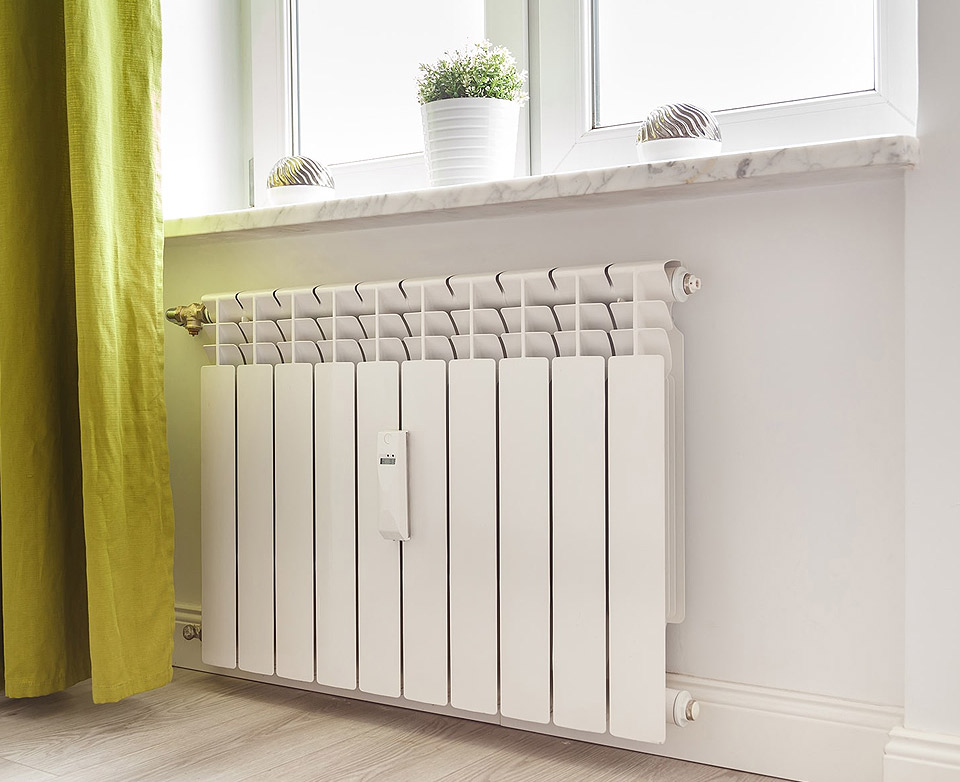
Choosing the Right Furnace: A Comprehensive Homeowner’s Guide to Selecting the Best System for Your Needs
Selecting the right furnace for your home is a crucial decision that impacts your comfort, energy efficiency, and even your budget. With a wide range of options available, making the right choice can seem daunting. In this comprehensive guide, we’ll walk you through the key factors to consider, offering valuable insights and practical tips to help you select the best furnace system for your specific needs. By the end of this guide, you’ll be well-equipped to make an informed decision and keep your home warm and cozy.
Understanding Your Heating Needs
The first step in choosing the right furnace is to assess your heating needs. Consider factors such as the size of your home, your local climate, and your budget. This information will help you determine the heating capacity you require.
Types of Furnace Systems
There are several types of furnace systems available, each with its own set of advantages and drawbacks. Let’s take a closer look at the most common types:
1. Gas Furnaces: Gas furnaces are known for their efficiency and cost-effectiveness. They use natural gas or propane to produce heat. If your home is already equipped with gas lines, a gas furnace may be a convenient choice. However, it’s essential to have proper ventilation in place for safety.
2. Electric Furnaces: Electric furnaces are typically more affordable upfront but can lead to higher operational costs in the long run. They are efficient but may not be the best choice in regions with high electricity rates.
3. Oil Furnaces: Oil furnaces are less common today, but they can be a viable option if you have an existing oil tank. They tend to be less efficient and require regular oil deliveries.
4. Propane Furnaces: Propane furnaces use propane gas as a fuel source. They are efficient and work well in areas where natural gas is unavailable. However, like gas furnaces, they require proper ventilation.
Efficiency Ratings
When selecting a furnace, pay attention to its efficiency ratings. Furnace efficiency is measured by the Annual Fuel Utilization Efficiency (AFUE) rating. The higher the AFUE, the more efficient the furnace is at converting fuel into heat. Look for models with high AFUE ratings to reduce energy consumption and lower your heating bills.
Sizing Your Furnace
Properly sizing your furnace is essential for efficient heating. An oversized furnace can lead to short cycling, which is hard on the system and inefficient. An undersized furnace may struggle to keep your home warm. Consult a professional HVAC technician to perform a load calculation to determine the right furnace size for your home.
Air Quality Considerations
Consider air quality when choosing a furnace. Some furnace systems come with built-in air filtration features, which can help improve indoor air quality. If you or your family members have allergies or respiratory issues, this may be an important factor in your decision.
Zoning and Smart Controls
If you want to heat specific areas of your home more than others, consider a zoning system that allows you to control the temperature in different zones independently. Smart thermostats also offer advanced control options, allowing you to adjust your heating remotely and create personalized heating schedules.
Installation and Maintenance
Proper installation is as crucial as selecting the right furnace. Hire a qualified HVAC technician to ensure your furnace is installed correctly. Regular maintenance is essential to keep your furnace running efficiently. Be prepared to schedule annual check-ups and filter replacements.
Budget and Financing Options
Lastly, consider your budget and financing options. Furnace prices can vary significantly, so it’s essential to set a budget and explore financing options if needed. Some utility companies offer rebates for energy-efficient furnaces, which can help offset the initial cost.
Choosing the right furnace is a significant decision for any homeowner. By understanding your heating needs, exploring furnace types, considering efficiency ratings, sizing your furnace correctly, and factoring in air quality and control options, you’ll be well-prepared to make an informed choice. Remember that proper installation and maintenance are essential for the long-term performance of your furnace. With the right furnace system in place, you’ll enjoy a warm, comfortable home while optimizing energy efficiency and reducing heating costs. Make your choice wisely and stay cozy all winter long.










